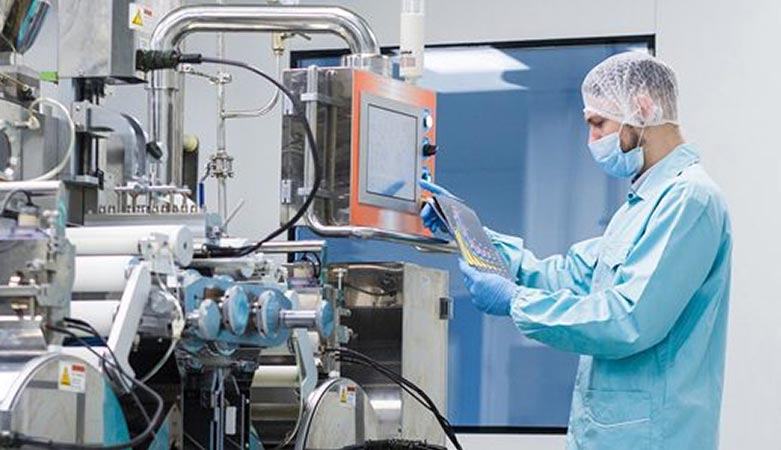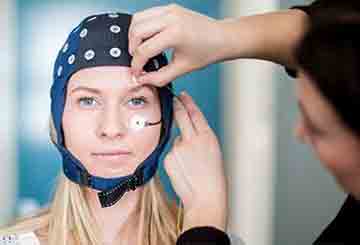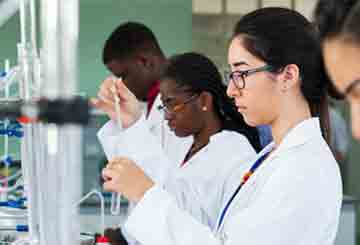Bio Medical Engineering

Description:
Biomedical engineering and traditional engineering programs, such as mechanical and electrical, are typically good preparation for entering biomedical engineering jobs. Students who pursue traditional engineering programs at the bachelor's level may benefit from taking biological science courses. Students interested in becoming biomedical engineers should take high school science courses, such as chemistry, physics, and biology. They should also take math courses, including algebra, geometry, trigonometry, and calculus. Courses in drafting or mechanical drawing and in computer programming are also useful.
Bachelor's degree programs in biomedical engineering and bioengineering focus on engineering and biological sciences. Programs include laboratory- and classroom-based courses, in subjects such as fluid and solid mechanics, computer programming, circuit design, and biomaterials. Other required courses may include biological sciences, such as physiology.
Accredited programs also include substantial training in engineering design. Many programs include co-ops or internships, often with hospitals and medical device and pharmaceutical manufacturing companies, to provide students with practical applications as part of their study. Biomedical engineering and bioengineering programs are accredited by ABET.
requirements
- Completion of Intermediate (12 years of school education) in Science stream.
- Admission to the course is mostly entrance exam based.
- Physics, Chemistry, Biology and/or Mathematics as the subjects of study.
- Minimum aggregate score of 55% at the 10+2 level
Why Bio Medical Engineering?
- Biomedical engineers likely will see employment growth because of increasing possibilities brought by new technologies and increasing applications to medical equipment and devices. Smartphone technology and three-dimensional printing are examples of technology being applied to biomedical advances.
- As the aging baby-boom generation lives longer and stays active, the demand for biomedical devices and procedures, such as hip and knee replacements, is expected to increase. In addition, as the public continues to become more aware of medical advances, increasing numbers of people will seek biomedical solutions to their health problems from their physicians.
- Biomedical engineers work with scientists, other medical researchers, and manufacturers to address a wide range of injuries and physical disabilities. Their ability to work in different activities with workers from other fields is enlarging the range of applications for biomedical engineering products and services.
COURSE Features
- StreamBtech
- Duration4 years
- ExaminationSemester
- Languageenglish
- Eligibility10+2
- COURSE TYPEEngineering





Register for the more details